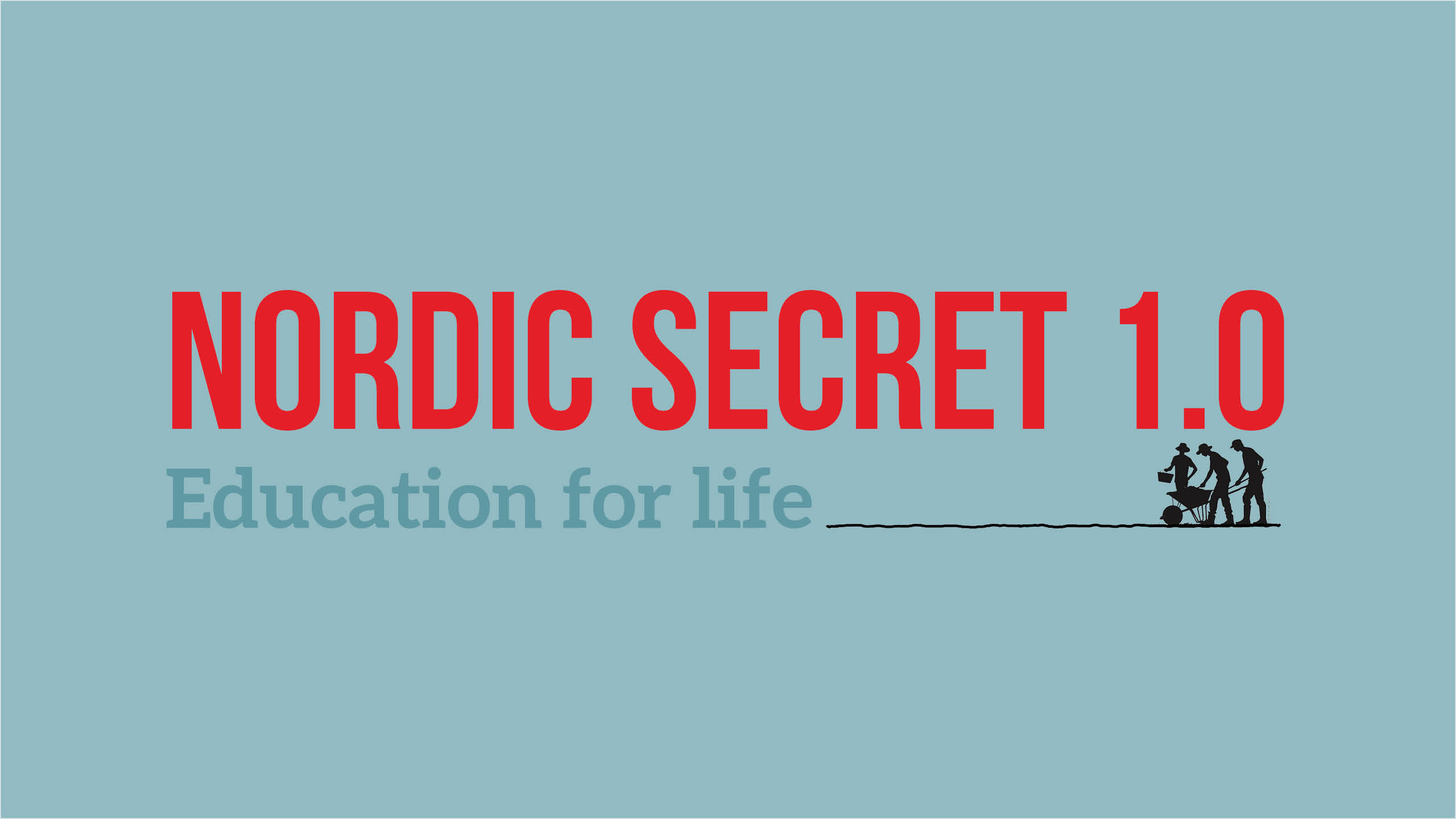Education for life
During the overwhelming transition from feudal agricultural societies to industrialized democracies in the 1800s, the Nordic countries handled the transition extremely well. In the 1930s, when authoritarianism spread across Europe, the Nordics did not fall for it, they kept the democratic spirit alive.
People in the Nordics lifted society from the bottom through a unique approach to education, and this educational philosophy eventually shaped the rest of education in the Nordics too. We call it the
Nordic Secret 1.0:
Education for life.
In this workshop series, you will be introduced to the educational philosophy of the folk high schools, which started in the 1850s, the Danish public schools, and the overall concept of bildung in the Danish school systems. We will also discuss what kind of education is needed in the 21st century.
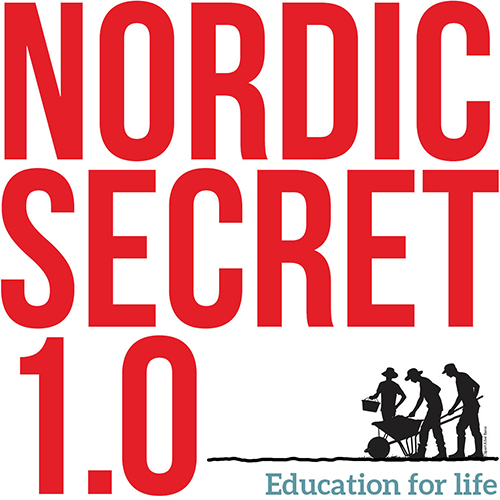
Nordic Secret 1.0 online; all sessions are 19:00-21:30 CET
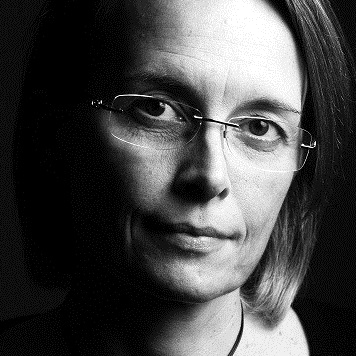
Host & teacher: Lene Rachel Andersen, author of The Nordic Secret
Spring 2025 price: €99
If you’re not in Europe, Canada, or the US, please contact us for a lower price
- Session 1: February 4
- Session 2: February 11
- Session 3: February 18
Session 1: The folk high schools and the remarkable insight
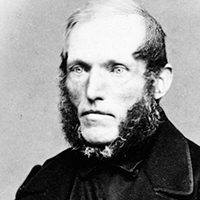
Chresten Kold
Chresten Kold was the teacher who laid the foundation under education in the Nordics. He rarely gets credit for that, but he figured out how to captivate young farmhands so that they wanted to learn and to keep learning. Soon the young farm girls joined his education too.
Get the true story about a clumsy teacher and some young farmhands who revolutionized education when Denmark was among the poorest countries in Europe.
You will get:
Some remarkable insights in what kind of education that works and what people tend to forget right away.
Session 2: Denmark’s public school system with no tests
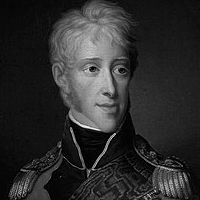
King Frederik VI
What? No tests!? Yes. Yet, we all learned how to read, write, and do math in Denmark. Or: so it used to be…
The earliest Danish public shool legislation was hailed as the most progressive school legislation in the world when it was put into effect in 1814 by King Frederik VI.
How did that go? And why would the Danish public schools of the 1970s be just the kind of school we need today?
You will get:
An awareness about what we take for granted about education and whether the schools of your own country could be better just by rethinking some fundamentals.
Session 3: Education for the 21st century

How do we keep the joy alive as we educate?
Photo by Reynardo Etenia Wongso on Unsplash
What kind of education can we create that allows people to handle extreme changes and not fall for authoritarian leaders who promise them the past?
What can we learn from the schools that already exist, from our own experiences, and from the pedagogical philosophy that is already out there?
How can we create education today that makes children, adolecents, and adults come back for more?
You will get:
Concrete suggestions for the next generation of education from K to 12 and beyond.
